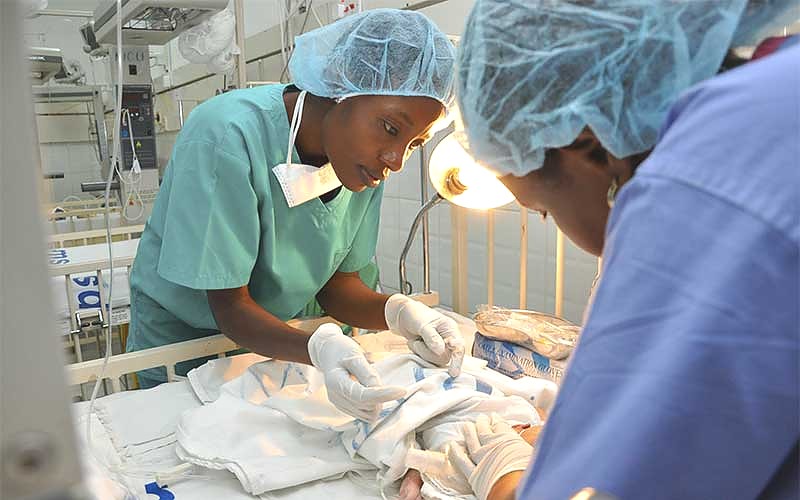As Tanzania inches closer to marking 60 years of independence, a lot of feats have been recorded in all sectors - making the natural resource-rich East African nation feel proud of the December 9, 1961 event.
On Monday, the Minister for Health, Community Development, Gender, Elderly and Children, Dr. Dorothy Gwajima addressed the public on the achievements and challenges the country has registered in the past six decades since independence. The report generally painted a picture on how the 60-year old nation has successfully fought against disease, one of the three enemies of social development as declared by founding father of the nation Mwalimu Julius Nyerere. Other enemies were poverty and ignorance.
According to the Minister, the number of health facilities has significantly gone up to 8,537 currently, from only 1,343 when the country attained her independence. Such commendable achievements are a result of a good and strong foundation laid by the first President Mwalimu Nyerere who invested a lot of energy in fighting the three big enemies; ignorance, poverty and disease.
The Minister further hinted that with such remarkable feats in construction of health facilities, the country has managed to reduce the ratio of health facilities to population. When Tanzania gained independence in 1961, one facility served between 40,000 and 50,000 people (1:40,000-50,000) but currently one facility serves 6,751 people (1:6751). Massive investment in the health sector has also seen the country cutting down the number of patients seeking treatment abroad by 90 percent, thanks to serious investment in specialised health services simply put, tremendous progress made in the health sector which resulted in improved healthcare services has positioned the country as a hub for medical tourism.
We commend the government for serious investment in the country's health sector that has helped enhance availability of not only routine health services but also specialised healthcare. From an economic perspective, investment in the health sector has a strong multiplier effect throughout the economy in addition to enhancing the population's well-being.
Pumping funds into the health sector enhances well-being beyond its economic impact. Undeniably, for any country to prosper economically it must take this sector as a top priority. And, the reasons for this are very obvious. First, spending on improving health builds human capital as it is believed that healthier people need less time off work and are more productive. Experts believe that healthier children are poised to complete and perform better in school, leading to a virtuous cycle where they are more likely to grow into higher skilled adults with better incomes.
Around the world, strategic investments in health not only deliver better health and improve well-being for more people, but also bolster economies, create jobs, and enhance personal productivity. In other words, investing in health is a vital economic and societal catalyst.
In short, there is a symbiotic relationship between health and development; therefore, we call upon all key players - individuals, private sector and the government to continue putting more effort in health services as the country celebrates 60 years of independence.
